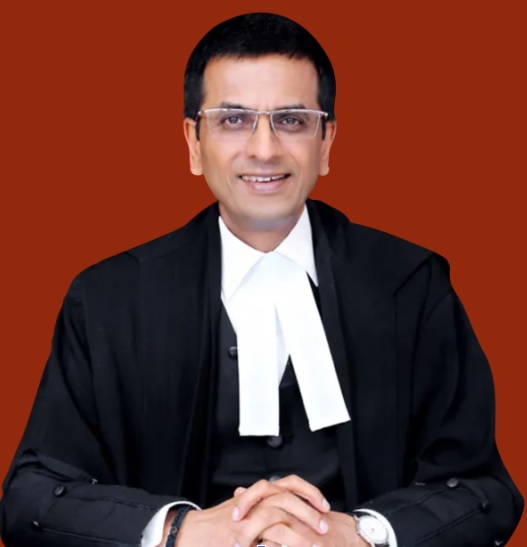On November 8, after penning more than 500 judgments, the 50th Chief Justice of India, D.Y. Chandrachud, demitted office. During his tenure, he gave landmark judgments, including the Ram Janmabhoomi case—Ayodhya land dispute, abrogation of Article 370, decriminalisation of same-sex relations, and many more. With his judgments, he left an imprint on the annals of legal history.
On his last day, he said with a smile, “Last evening, when my registrar judicial asked me when should be the ceremonial, I was told 2 pm because we can wrap a lot of items. I thought to myself, will anybody be there in this court at 2 pm Friday afternoon,” he also said, “Or will I look at myself on the screen?”
Expressing his gratitude to the judiciary for shaping his argument skills and teaching him valuable courtroom techniques, he said, “We are here as pilgrims to work, and the work we do can make or break cases. There have been great judges who have adorned this court and passed on this baton.”
The legacy of Chief Justice D.Y. Chandrachud goes beyond his judicial pronouncements and stands as a physical testimony: a reimagined ‘Lady Justice.’ Instead of the conventional blindfolded Goddess of Justice, the six-foot statue now displays a woman in a saree, holding a scale in one hand and a copy of the Constitution in the other, crowned, without blindfold – a bold emblem of equality and authority.
Chandrachud’s term as Chief Justice started on November 9, 2022. He is the son of Y.V. Chandrachud, who was also the Chief Justice from 1978-1985 and to date remains the longest to have held this office. They are the only father-son duo to reach the top judicial post.
D.Y. Chandrachud was educated at St. Stephen’s College and Harvard Law School, and his pronouncements show the juxtaposition of scholarship and deep jurisprudence. The most important decisions are exercises in expanding fundamental rights to include privacy and invalidating the electoral bond scheme. He was a member of the historical five-judge bench that supported passive euthanasia and helped bring the Ayodhya land dispute to rest with the 2019 Ram Janmabhoomi ruling.
Chandrachud also significantly advocated for social justice by authoring rulings that decriminalized same-sex relations, acknowledged the withdrawal in his ruling of living wills of dying patients and endorsed privacy as a fundamental right. The bench has yet to uphold the validity of Article 370, which withdrew Jammu and Kashmir’s special status, in 2019.
As a reformer, he pushed for the digitalization of court processes and embraced live streaming of court proceedings. Chandrachud’s work, from his statements on bail to his efforts toward judicial transparency, establishes him as a formidable force in transforming India’s legal landscape.
